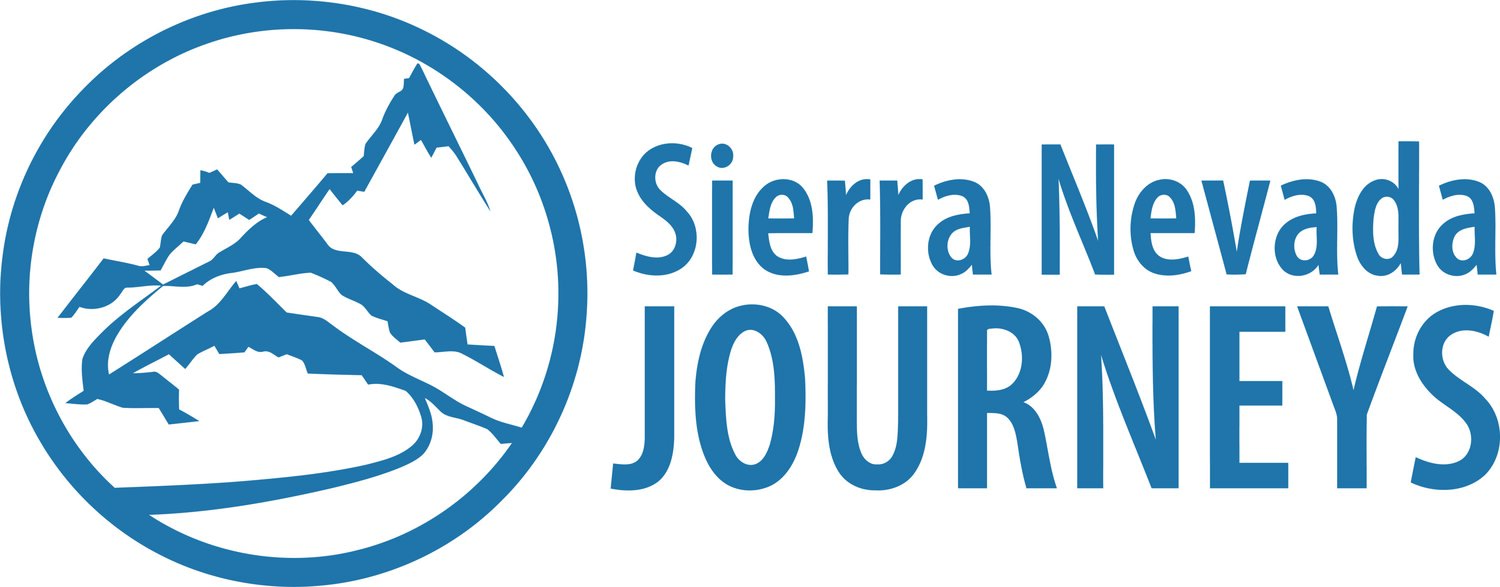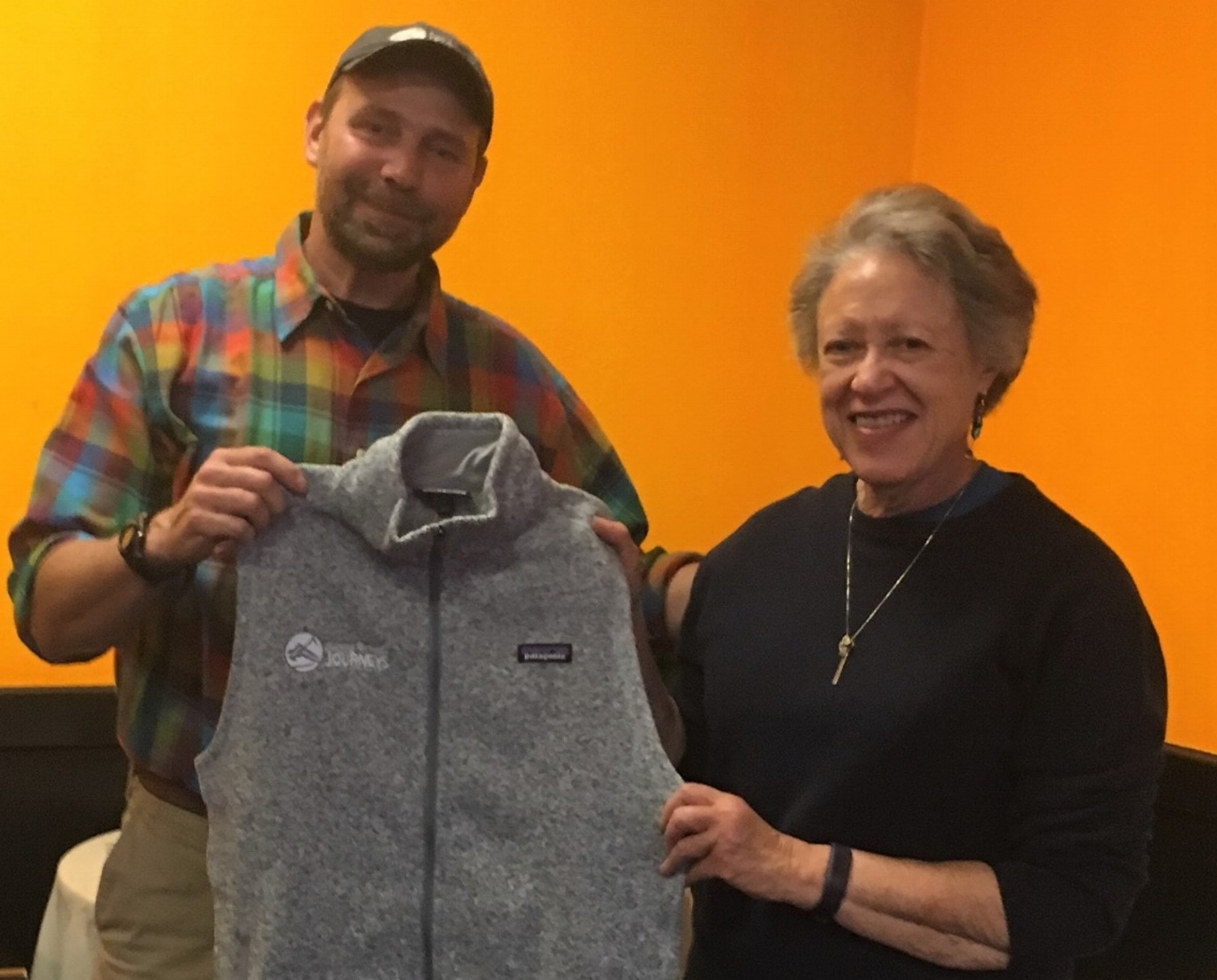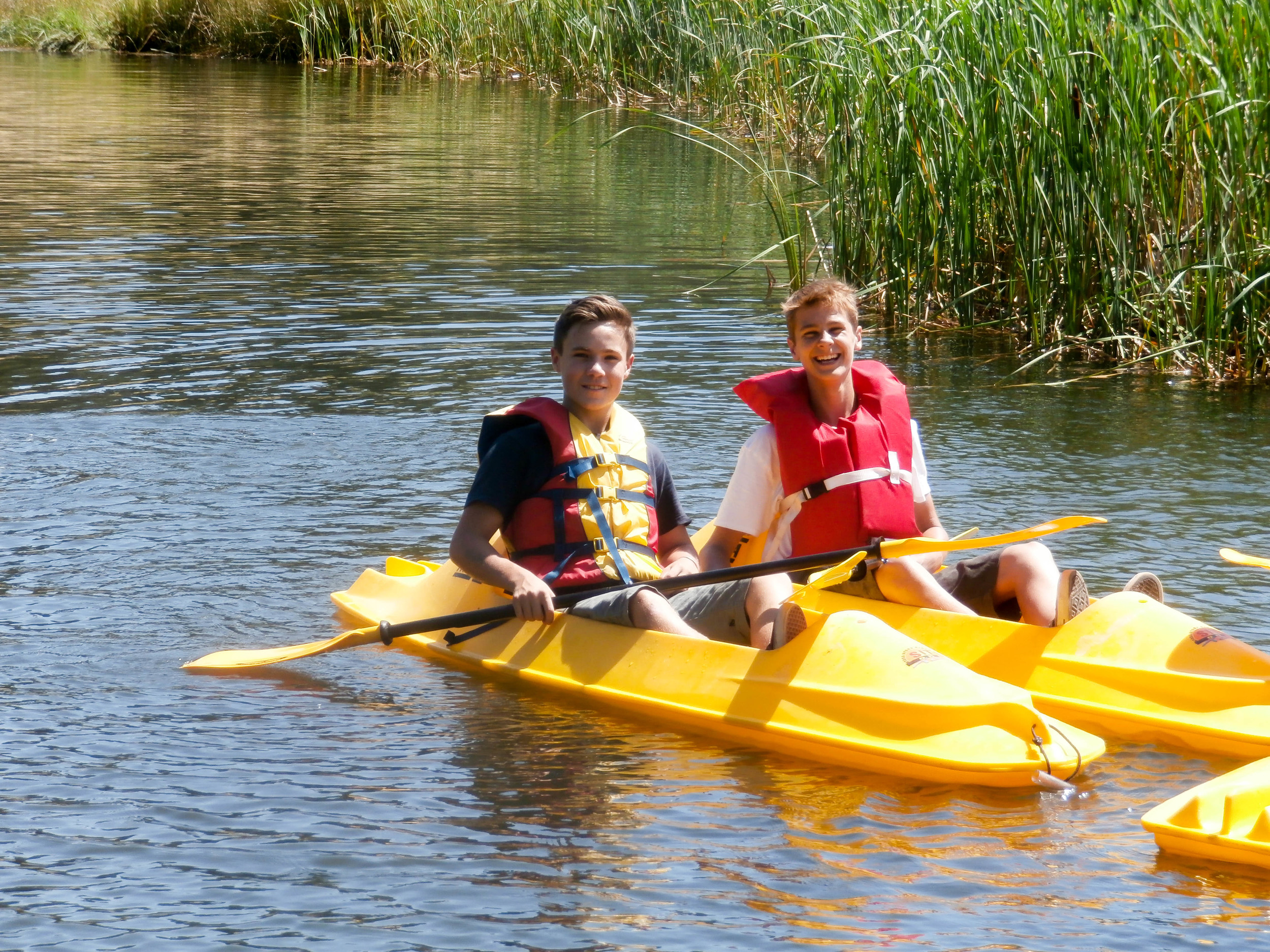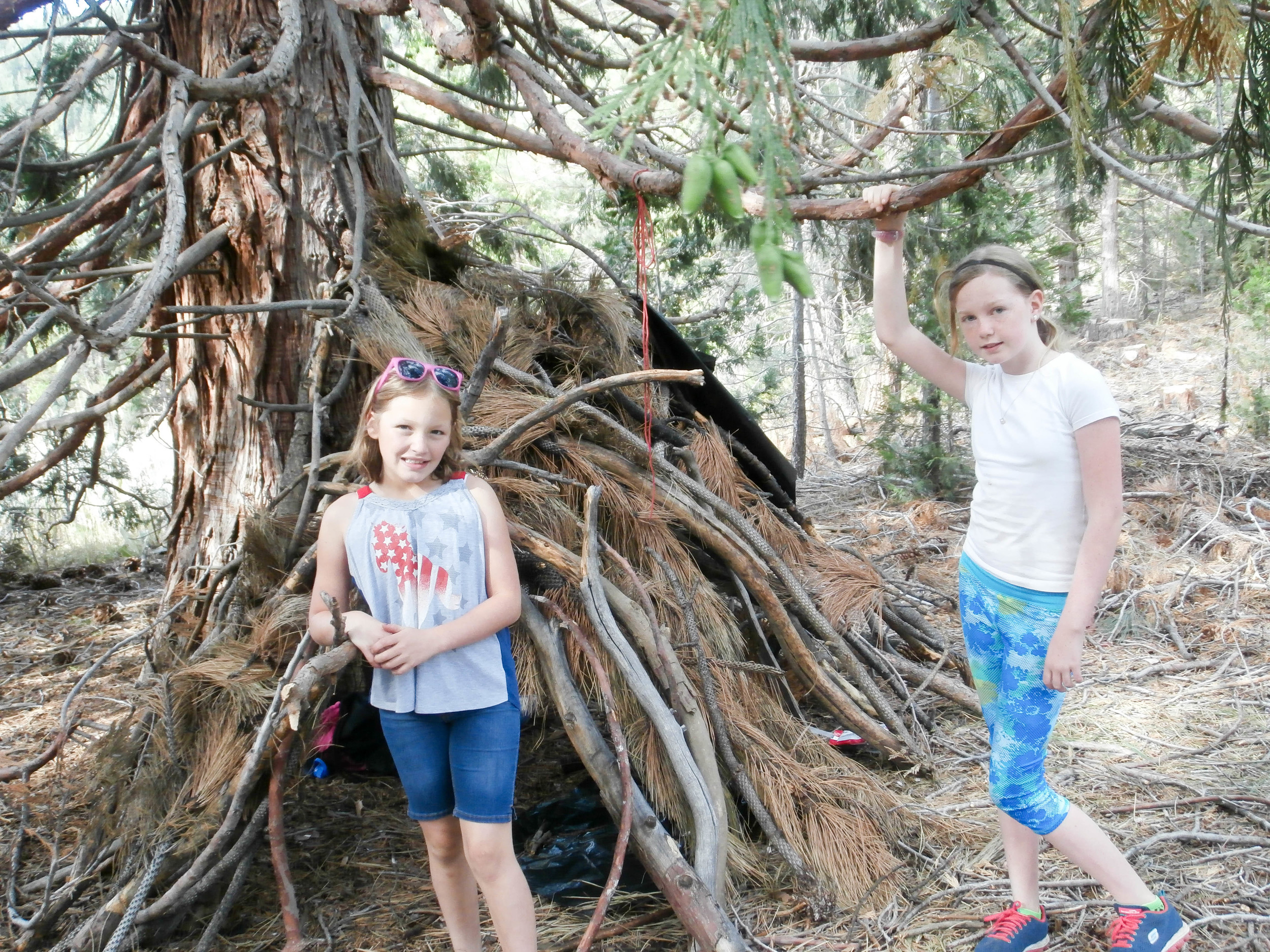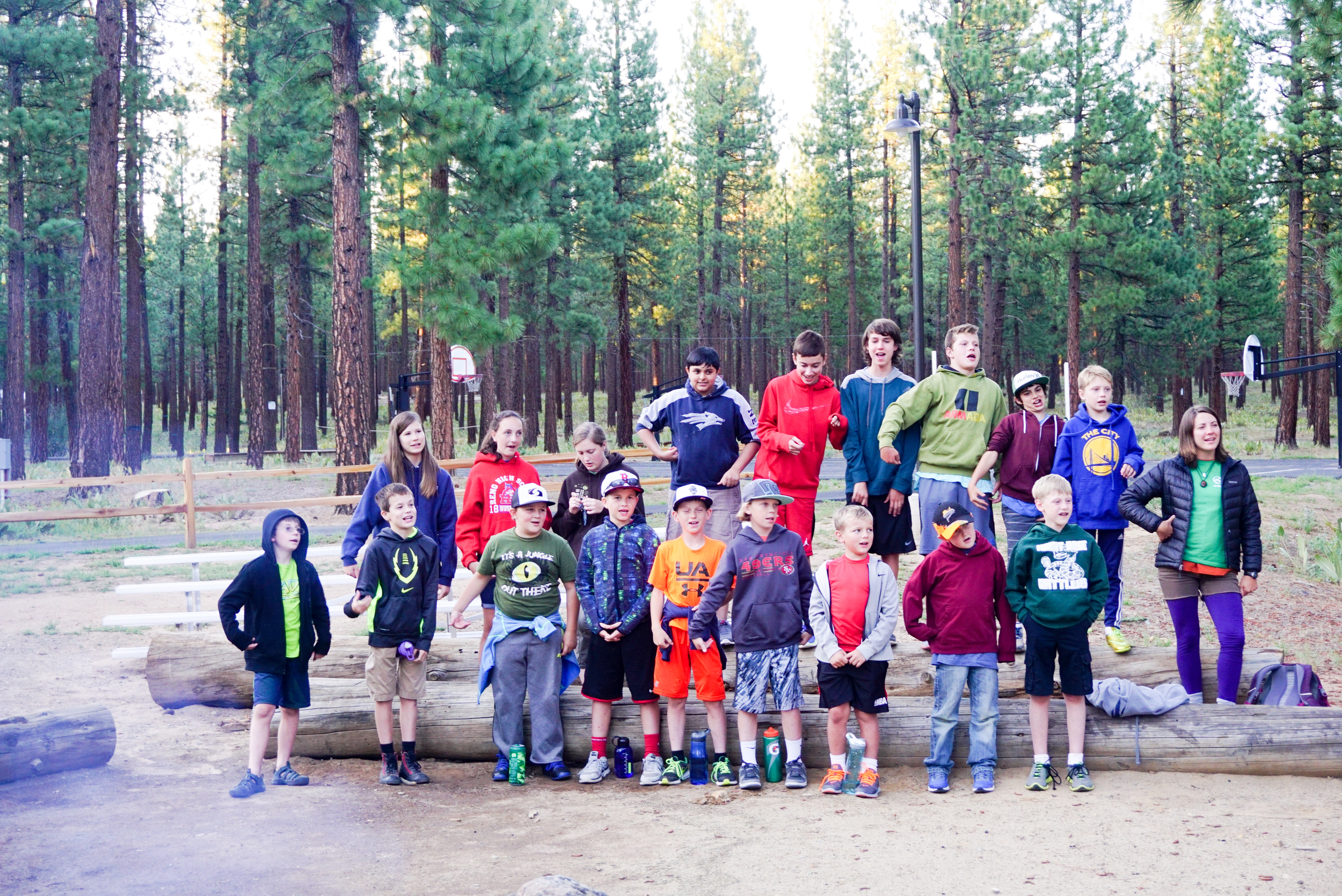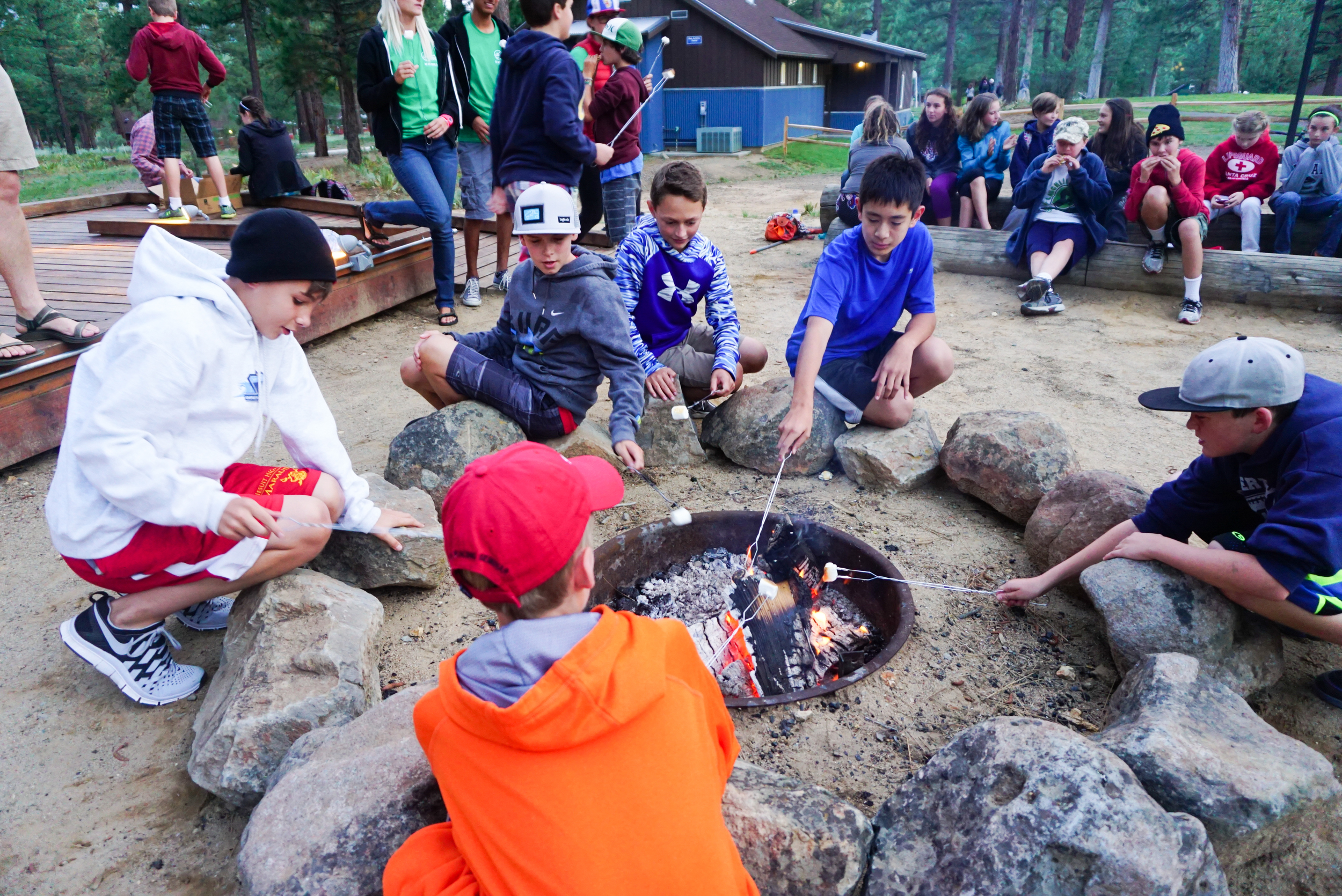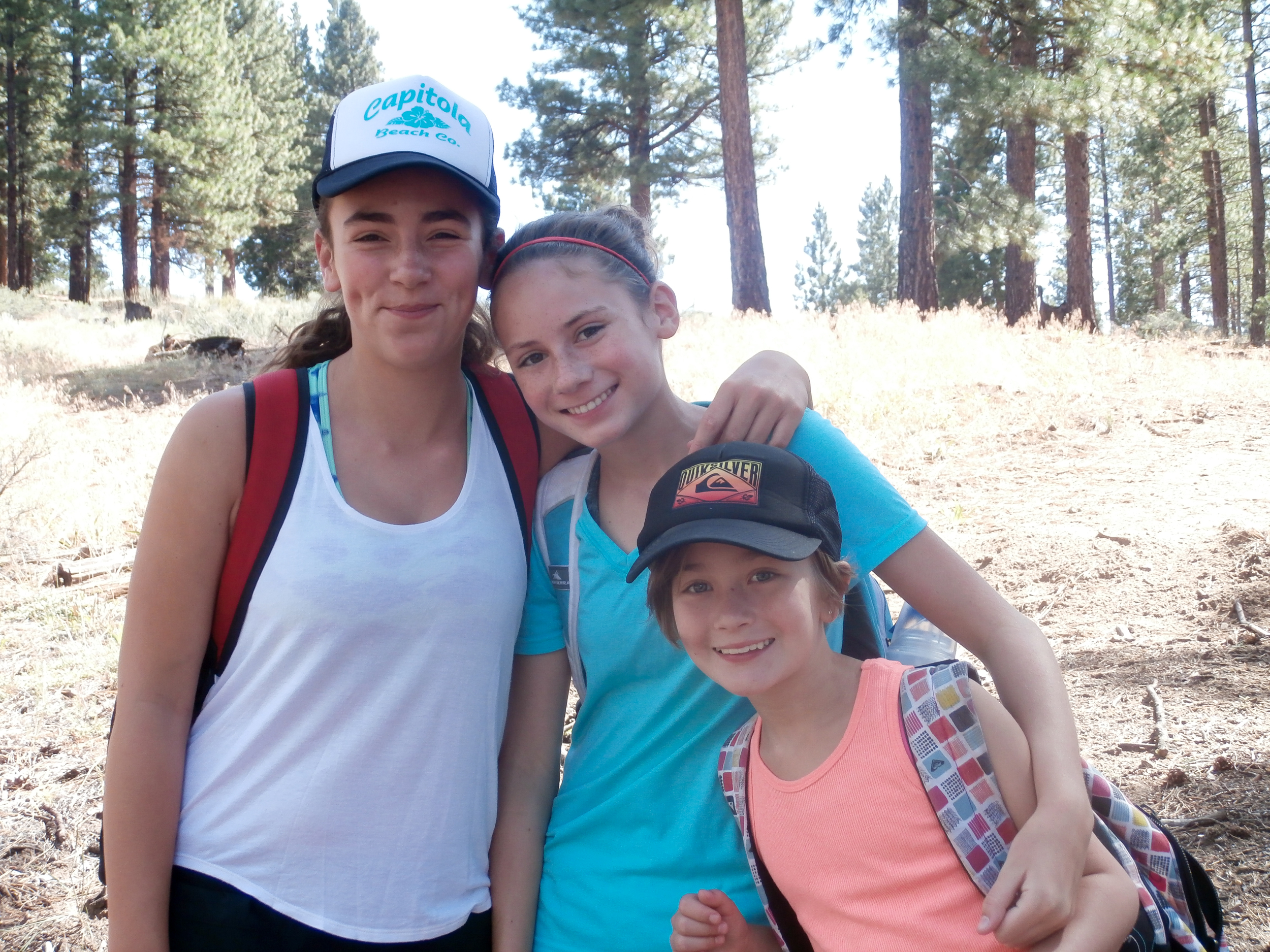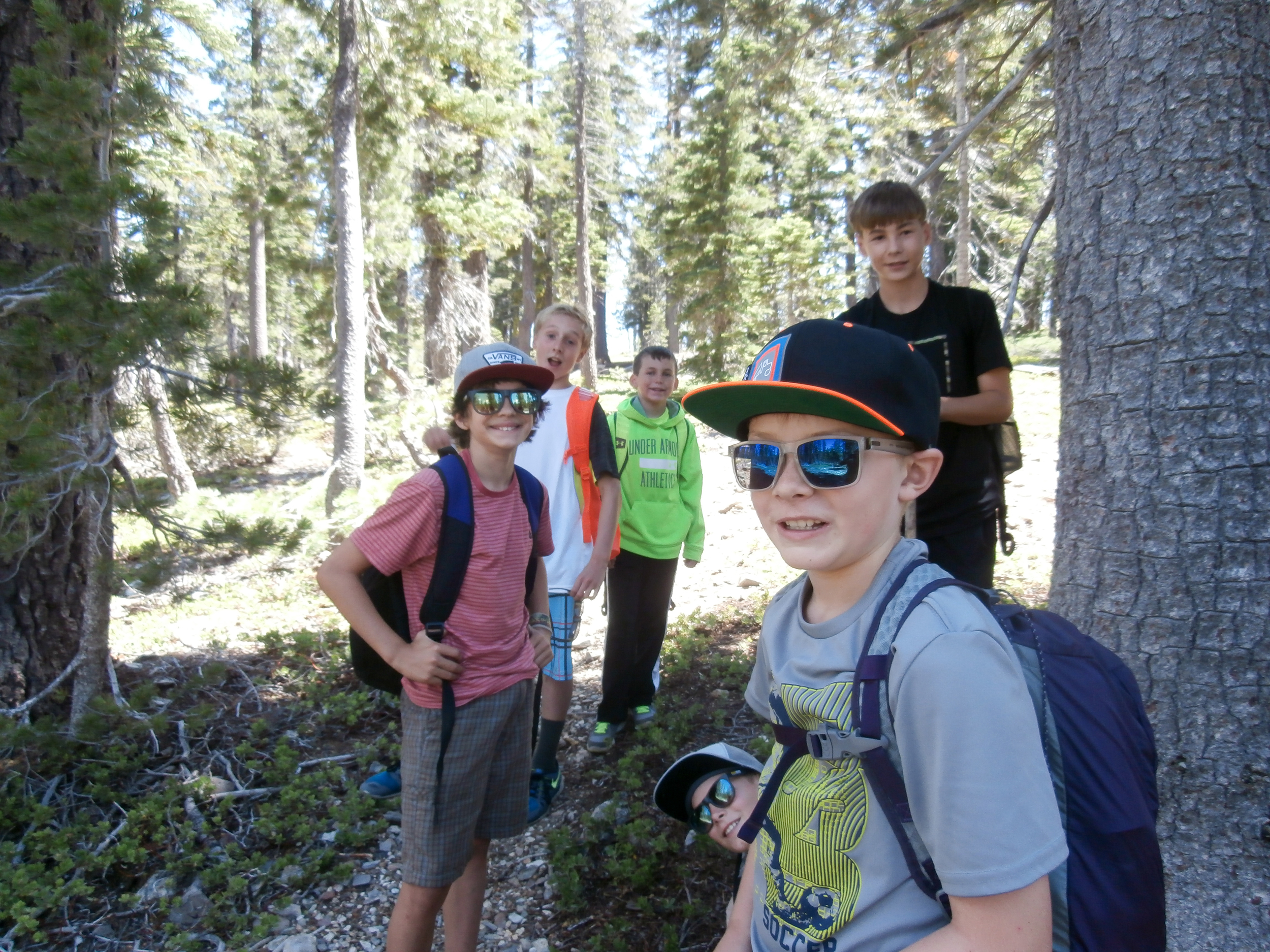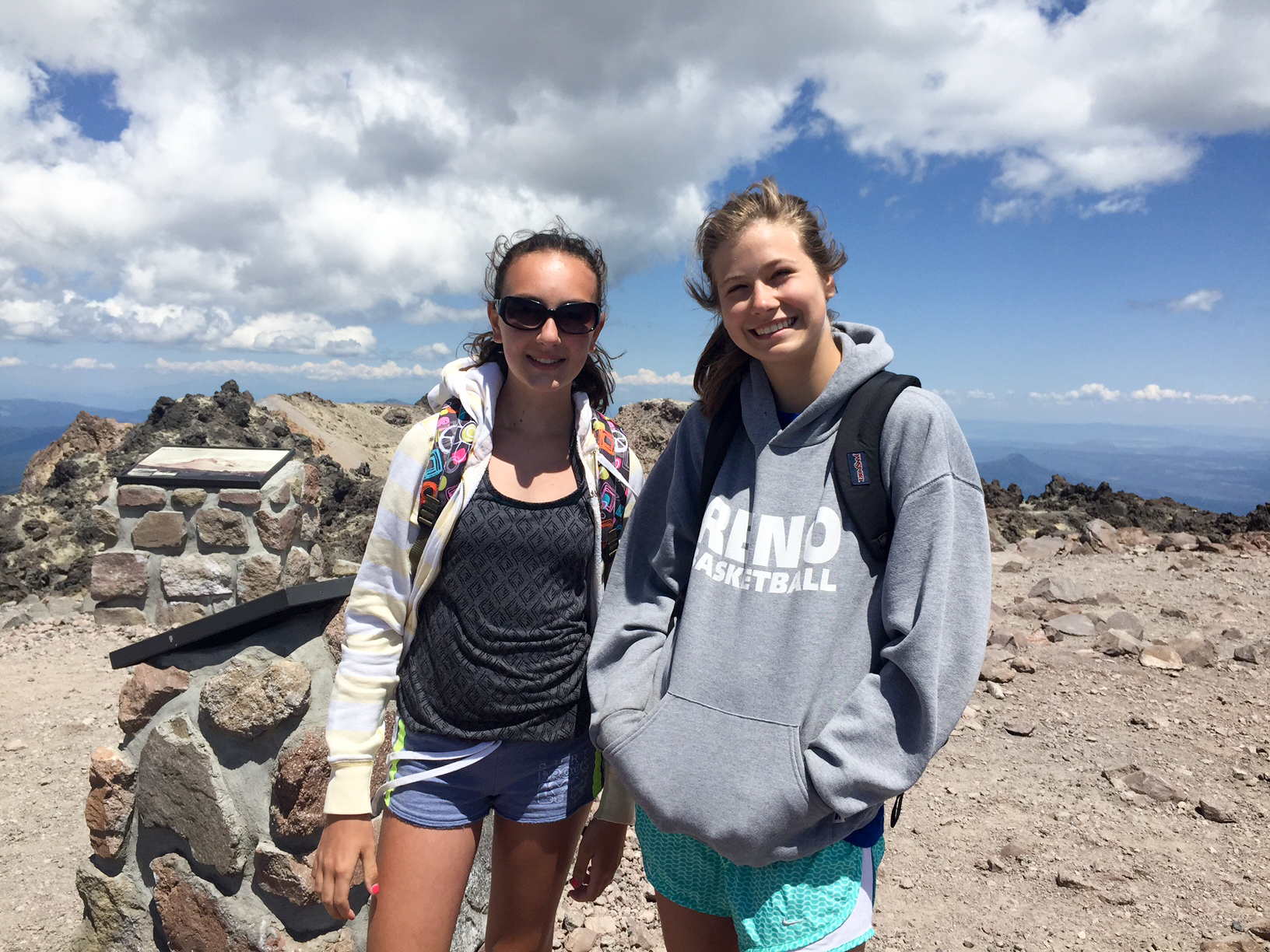RENO, Nev. — November 6, 2018 — Over the weekend of Nov. 9, we’ll be hosting 100 girls, ages 10-to-14-years-old, to take their love of STEM to the next level. This innovative partnership brings industry and nonprofits together creating a jam-packed weekend at Grizzly Creek Ranch.
Using Girl Scouts of the Sierra Nevada and Sierra Nevada Journeys’ STEM programming, and Women in Tesla volunteers, this weekend camp is sure to inspire and ignite. More than 30 volunteers will support Sierra Nevada Journeys’ educators in STEM activities ranging from building geodomes to testing their skills on our challenge course.
Additionally, thanks to the donation of a 100 robot kits by REC Foundation, Friday evening’s activities will kick off with each camper building a working robot. As part of REC’s VEX IQ Curriculum, the young women will follow assembly instructions, build, document their process, and then test the finished robots.
Moreover, the Girls in STEM Camp is paid for by a grant awarded by Tesla to Sierra Nevada Journeys, as part of their initial Nevada K-12 Education Investment Fund and there was no cost for the 100 students to attend camp other than a $25 registration processing fee. The investment by Tesla focuses on Nevada K-12 STEM and sustainability education as part of the Nevada DoE Education Gift Fund.
“We were thrilled that Tesla selected Sierra Nevada Journeys to help deliver outdoor science education to children — especially for low-income and under-served students,” said Eaton Dunkelberger, Sierra Nevada Journeys CEO. “With this investment, we hope that experiences such as the Girls in STEM Camp, could change the life trajectories of these young women and inspire future careers in the STEM field.”
Links to photos from 2018 Girls in STEM camp:
